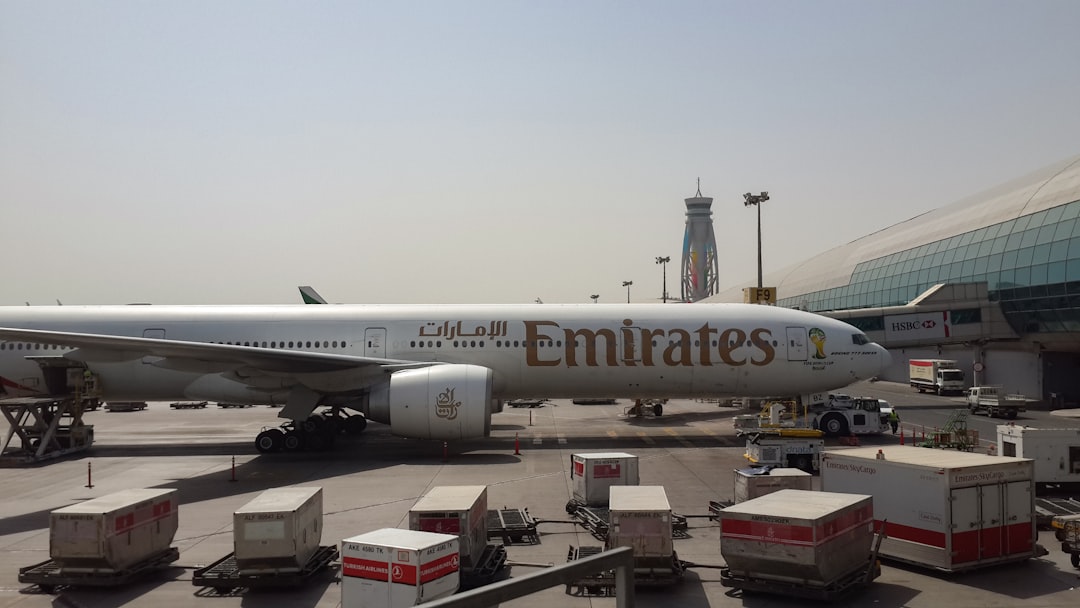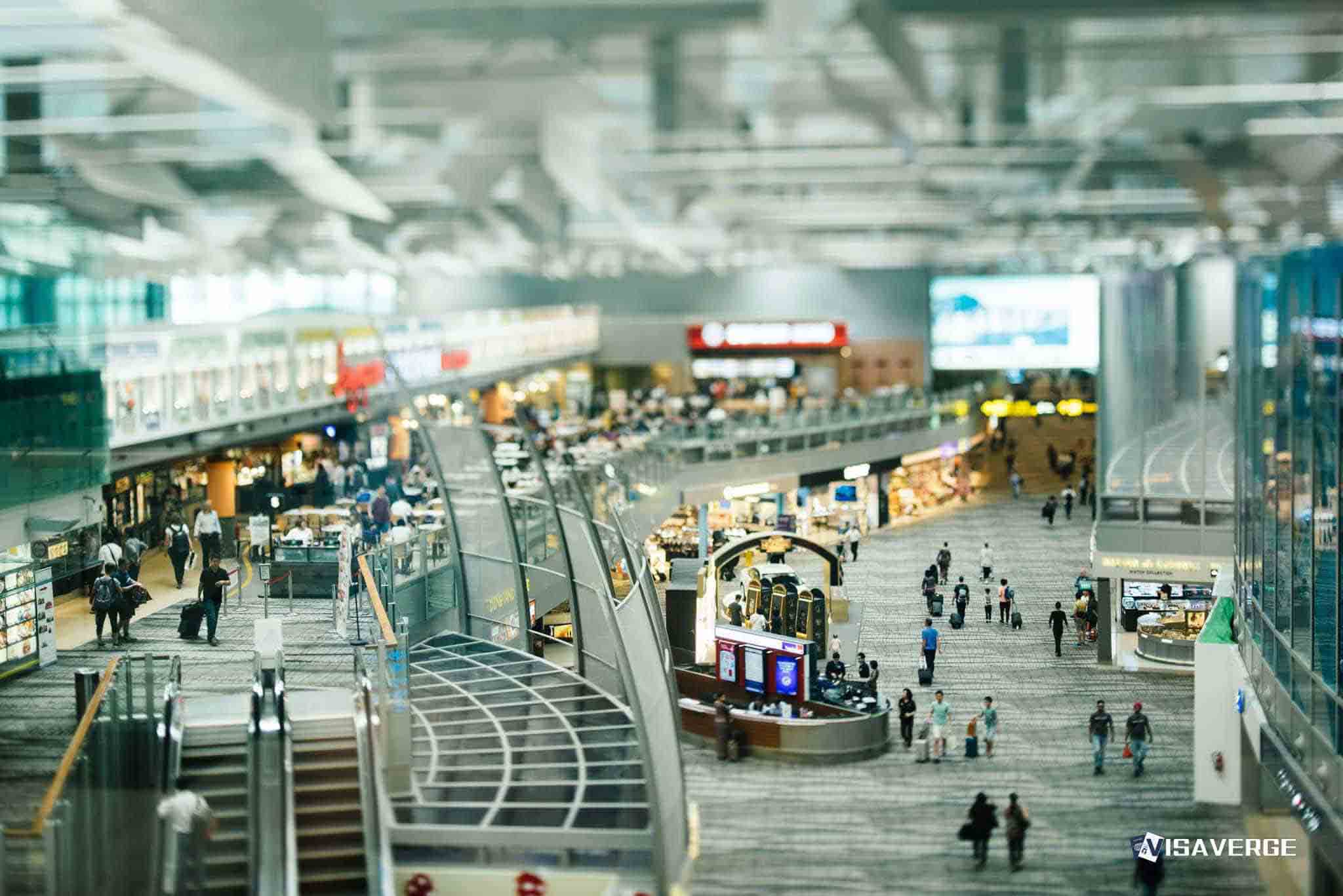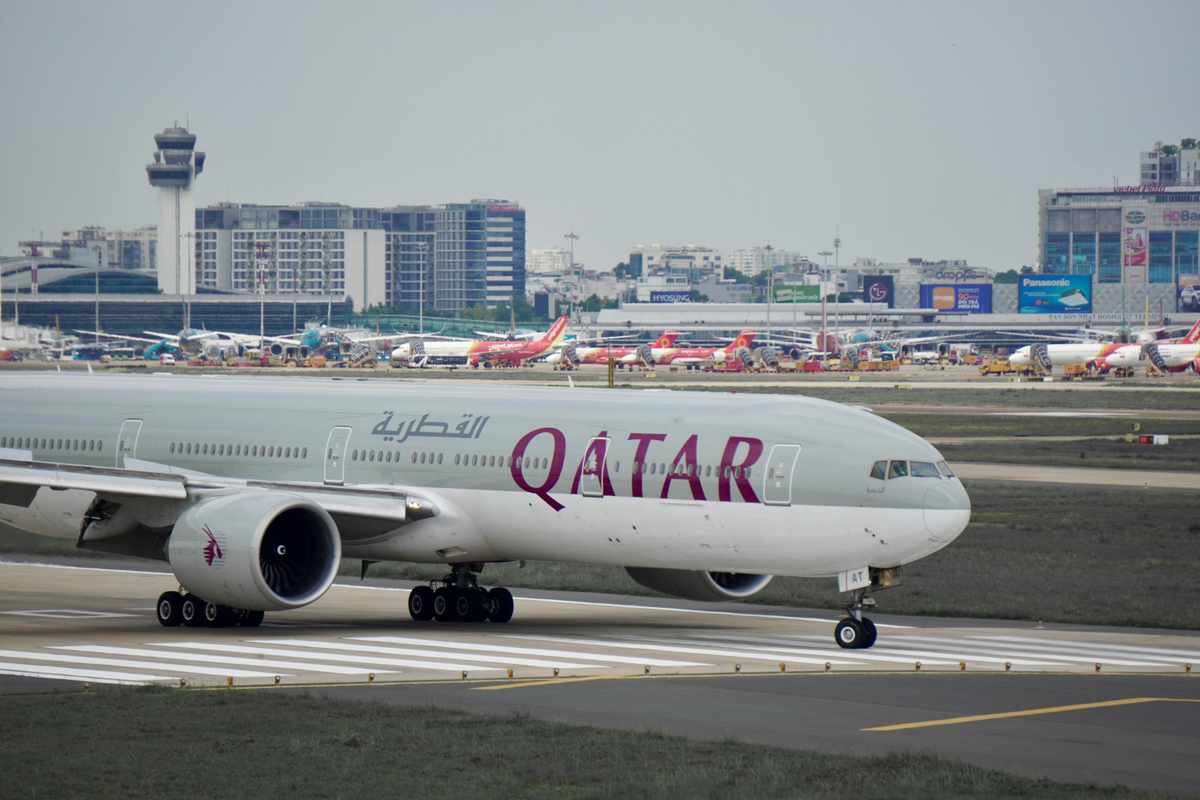In recent news, a significant security incident at Gatwick Airport has raised eyebrows and prompted a closer look into the effectiveness of airport security measures. In a startling breach of protocol, a man successfully boarded a Norwegian Air flight to Copenhagen without a passport or boarding pass. This event, occurring around noon on Monday, February 5, is not an isolated incident. It comes just a week after another individual managed to fly from the UK to New York under similar circumstances. These events have stirred concerns regarding the current state of airport security checks, and the Home Office is likely to take a keen interest in understanding how these breaches occurred.
How Did the Gatwick Security Breach Happen?

The individual in question allegedly bypassed the check-in process at Gatwick Airport, directly heading towards the security area and boarding gates. It is believed that he managed to ‘tailgate’ other passengers going through security and passport checkpoints, avoiding detection by boarding gate staff and finding a seat aboard the plane. The crew became suspicious of the man before takeoff, which led to his removal from the Boeing 737 by police. Subsequently, passengers were asked to temporarily disembark for a security search before being allowed to re-board.
“A source told The Sun: ‘The man had no passport or flight ticket but brazenly tailgated other passengers unnoticed through security checkpoints and somehow managed to board the flight at the gate. It’s the second time this has happened recently. There needs to be an immediate review of security.’”
Despite this breach, a Gatwick spokesman assured that the individual had been “security screened and therefore posed no immediate security risk.” Sussex Police described the event as a medical incident, where officers assisted the man following concerns for his welfare. This depiction downplays the seriousness of the security oversight, emphasizing the non-threatening nature of the individual involved.
Previous Incidents and Ongoing Concerns
This incident is not the first of its kind. Just a week before, jobless Craig Sturt, 46, managed to board a flight to New York without the necessary documents. Sturt navigated Heathrow’s security barriers on December 23 by tailgating other passengers through automatic gates, security checkpoints, and passport control. He was eventually intercepted by US officials at New York’s JFK airport and, upon his return to the UK, convicted of offences before being detained under the Mental Health Act.
Both incidents have prompted an immediate need to reevaluate and possibly enhance security measures across UK airports to prevent future breaches. They serve as a stark reminder of the potential vulnerabilities within airport security systems, emphasizing the need for continuous improvement and vigilance.
Ensuring Better Security Measures
The recent Gatwick security breach and the Norwegian Air incident highlight significant gaps in airport security protocols. Tailgating – following someone closely through security barriers without being noticed – appears to be a common method used in these incidents. This calls for a comprehensive review and strengthening of security measures, especially in the verification of passengers’ boarding documents and personal identification before boarding.
Airports may need to consider the implementation of more sophisticated technologies, such as biometric verification systems, to enhance the identification process. Additionally, there could be an increase in personnel training to ensure that staff are better equipped to recognize and respond to potential security breaches.
What Can Passengers Do?
While airport security enhancements are essential, passengers can also play a role in ensuring their safety and the security of their flights.
- Stay Vigilant: If you notice someone acting suspiciously or attempting to bypass security procedures, notify airport staff immediately.
- Follow Protocol: Ensure that you have all necessary documents ready and visible to avoid delays and assist in the smooth operation of security checks.
- Support Security Staff: Understand that security procedures are in place for your safety. Cooperate fully with staff performing checks and screenings.
These incidents serve as a crucial reminder of the importance of stringent security measures at airports. The Gatwick security breach and the Norwegian Air incident underscore the need for relentless vigilance, both from airport authorities and passengers. As these investigations continue, it will be imperative for all involved to learn from these breaches to fortify airport security systems, ensuring such incidents do not reoccur.
For more information on travel safety and security, visiting official websites such as the UK’s Home Office or the Transportation Security Administration (TSA) in the US can provide valuable resources and tips for safe travel.
This Article In A Nutshell:
Recent events at Gatwick Airport and Norwegian Air have highlighted security loopholes. Individuals bypassed security and boarded flights without proper documentation. Airport and government officials are likely to reinforce security measures. Passengers should remain alert, follow procedures, and assist staff. Improved technologies and training are crucial for enhancing airport security.







